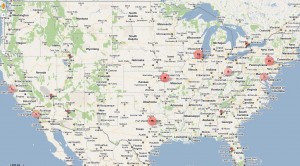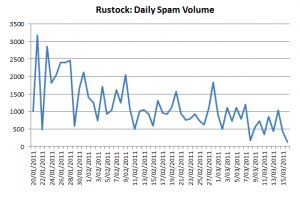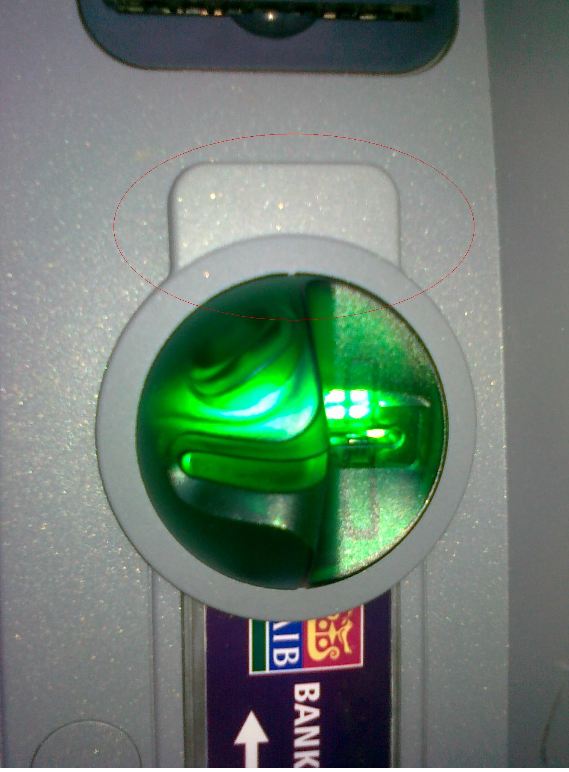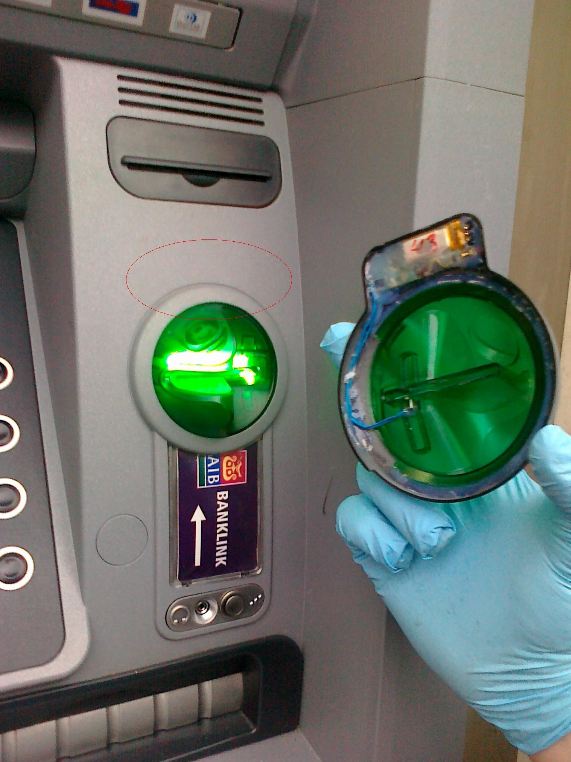Business gurus have long maintained that time = $$, but that doesn’t mean that playtime necessarily decreases the bottom line. Many corporations have discovered that their employees tend to be more productive when they have time to give their brains a break, and gameplay is the perfect escape. So it’s not surprising that some cyber criminals have taken this lesson to heart, and are crafting crime machines to include games that allow their evildoing customers to steal money and set their hi-scores at the same time.
I had a laugh when I stumbled upon the administrative panel shown in the video below. It’s a back-end Web database designed to interact with a collection of Windows PCs infected by the ZeuS Trojan. This panel receives financial data stolen from victim machines, including PayPal and Bank of America account credentials. This video shows the Bank of America tab of the tool, which also allows the criminal to inject specific “challenge/response” questions into BofA’s Web page as displayed in the victim’s browser, as a way to steal the answers to these questions should the criminal later be asked for them when later logging in to victim accounts.
Directly to the right of an option to export all stolen credentials to an easy-to-read .csv file is a button labeled “Pacman”. Clicking launches a playable, exact replica of the 1980s arcade game (enlarge the video by clicking the icon in the bottom right corner of the video panel):
I can’t help but wonder whether we will witness some perverse kind of Moore’s law with future criminal Web administration panels. I can just see it now: In 18 months, crooks writing these panels will be bundling Halo 3 and Counter-Strike with their creations!













